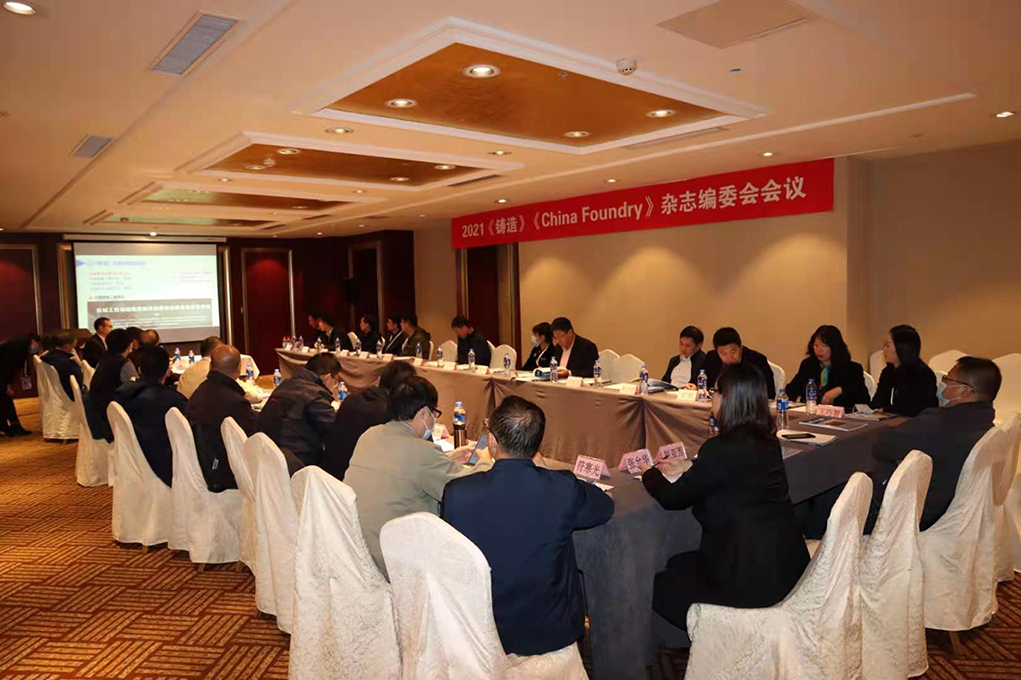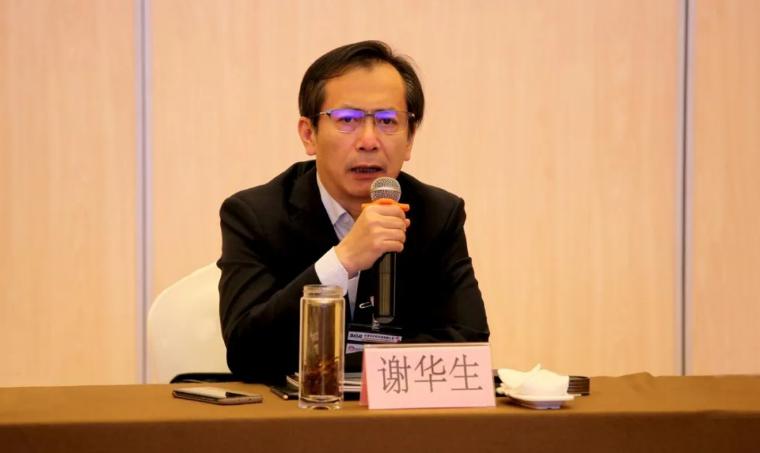
Xie Huasheng, deputy director of the FOUNDRY editorial board and chairman of Shenyang Research Institute of Foundry Co., Ltd., affirmed the quality and achievements of the two journals and gave suggestions on the special issue planning and influence enhancement in his address. He pointed out that the editorial office of the two journals would make full use of industry resources and internet technology to further improve the quality of publication and international influence with the support from editorial board members and industry experts.

At the meeting, editors expressed their opinions on column planning, manuscript invitations and establishment of youth editorial committee.
Suggestions for FOUNDRY:
•Try to plan and publish more special columns;
•Conducting in-depth reports in certain fields;
•Serially publish introductions to some key laboratories;
•Increase number of specially invited manuscripts;
•Carrying out a series reports on the industry's award-winning projects;
•Striving for some financial support.
Suggestions for CHINA FOUNDRY:
•Establishing a youth editorial board;
•Becoming a more professional and influential academic exchange platform;
•Young editorial board members must have a doctoral degree or above. Priority is given to the "Thousand Young Talents Program", "Excellent Young Scientists Fund", "Young Top Talent Support Program" and "Young Chang Jiang Scholars".
At the end of meeting, Qu Xueliang expressed his gratitude to the editorial board members for their comments and suggestions for the two journals in various aspects, hoping them will continue to care and support the development of FOUNDRY and CHINA FOUNDRY in the future, so that the two journals can further improve the quality of the publication, increase their influence and better serve the industry.
